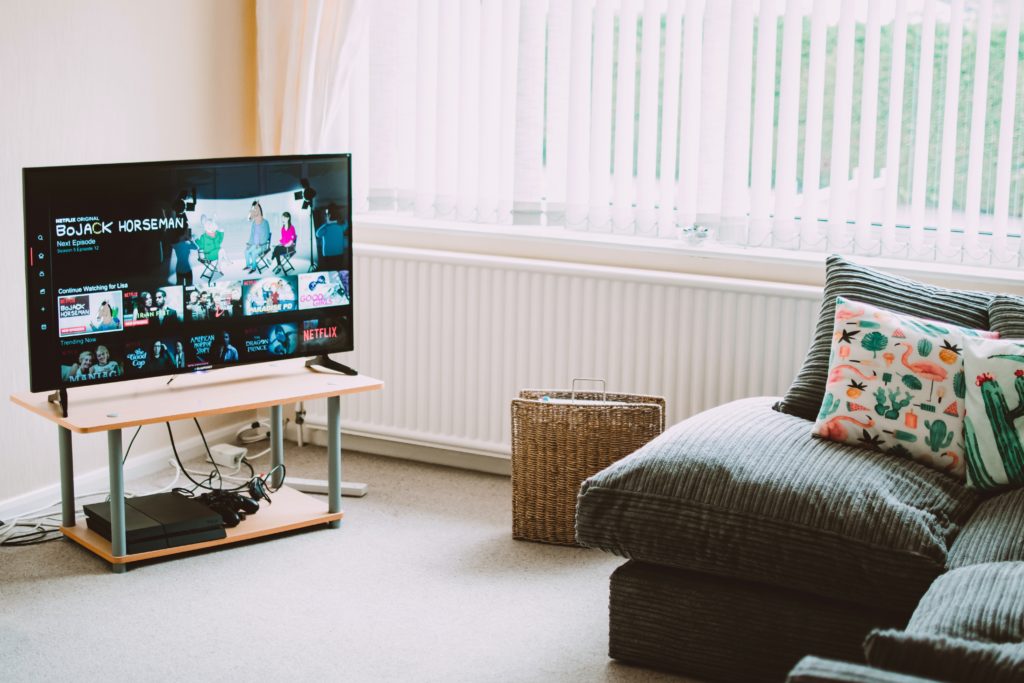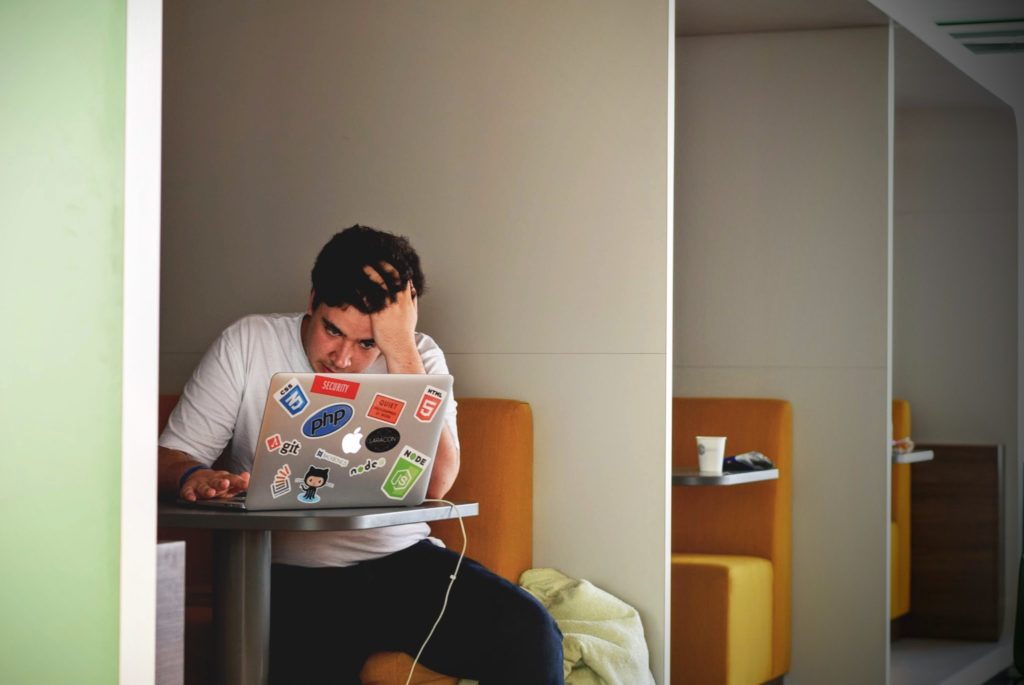Millennials and sleep
Sleep is essential for our body to repair and recover after a busy day. But sometimes, you may go through a phase where you’re unable to sleep at night and find yourself twisting and turning late at night.
Millennials, also known as Generation Y are those who were born between 1981-1996. They reached adulthood during the early 21st century and are a major part of the workforce. Their sleeping habits, causes of stress and routine in general is very different from other generations. Here are some of the reasons millennials are unable to sleep at night!

Reasons millennials are unable to sleep at night
Social media and screen time before bed. Millennials are connected all the time and have access to all the social networking sites in the world. You browse apps late at night, checking one last Instagram story or a final YouTube video. This stimulates your mind and senses, rendering you unable to sleep at night as your brain is still active.
Lack of a regular sleeping routine. Irregular sleeping patterns are a big reason as to why you’re unable to sleep at night. Your body requires consistency for when to sleep and when to wake up. When you deny them that by staying up late due to work, TV or talking to friends, your body stays active until late at night and is unable to fall asleep. Over time, this lack of a regular sleeping routine may cause sleep deprivation as well. Sleeping habits are important for REM and deep sleep as well!

Binge watching TV shows. Watching TV late at night impacts your sleep. The blue light emission, the stimulation of your brain and lack of downtime lead to you staying up and not sleeping. Millennials use TV watching to relax and this binge watching can impact sleep.
Related – how binge watching TV shows affects your sleep
Workload. When you’re overworked and have a lot of work to complete, you invariably take that work home, and try to complete it beyond office hours. During the times of coronavirus, when you’re working from home and your working hours are all over the place, workplace stress and burnout is common. This affects the amount of cortisol in your body, which can hamper the creation of melatonin (sleep hormone), and cause sleepless nights. Try and ensure to create proper boundaries and beat workplace stress and sleep on time!
Large meals at night. Eating large and carbohydrate heavy meals close to bedtime is one of the main reasons why you may be unable to sleep at night. Heavy meals require a lot of effort to break down and keep your body active, rendering it unable to switch off. As a result, your brain is also active and you’re unable to sleep. Change your diet to eating lighter meals at night and you will see a change in your sleeping patterns over time. Take a look at foods that harm and help your sleep!

Caffeine consumption at night. Drinking coffee close to bedtime directly impacts your ability to sleep. Caffeine stimulates your entire body and nervous system, keeping your brain active. As a result, you’re unable to sleep and get the rest you need. Follow some tips in order to sleep better and remember to avoid caffeine in case you’re up late at night.

Stress and anxiety. Millennials face a lot of stress and anxiety in their everyday life. When you’re stressed out or feeling anxious, your body and brain are tense and flooded with thoughts and hence you may be unable to sleep. Stress increases the cortisol levels, which hampers your ability to fall asleep. Anxiety affects the amygdala, a part of your brain. Due to this activity, your brain and body aren’t able to get downtime they need to switch off for the day. Learn how guided meditation helps stress and anxiety.
Room temperature. When you sleep, your body temperature drops by a couple of degrees. If your room temperature is a little too hot, it causes an imbalance. As a result, you may end up staying awake and not falling asleep or getting enough deep sleep. Ensure to keep your room cool rather than very hot, and you should be able to sleep at night.
These are some of the reasons you may be unable to sleep at night. Sleep disorders are also a possibility. If you’ve been having irregular sleep or have been unable to sleep for the past 2 months, we suggest you meet a professional. You can even write to us at info@evolveinc.in and we will happily connect you with a qualified expert.
Meditation for sleep is a great way to fall asleep at night and switch off the day, so that your body can repair itself. In fact, it even helps you fall asleep in case you experience a nightmare.
Evolve’s guided audios help improve your sleep quality and allow you to fall asleep faster. The Evolve app is now live globally on Android & Apple, click here to try for free!